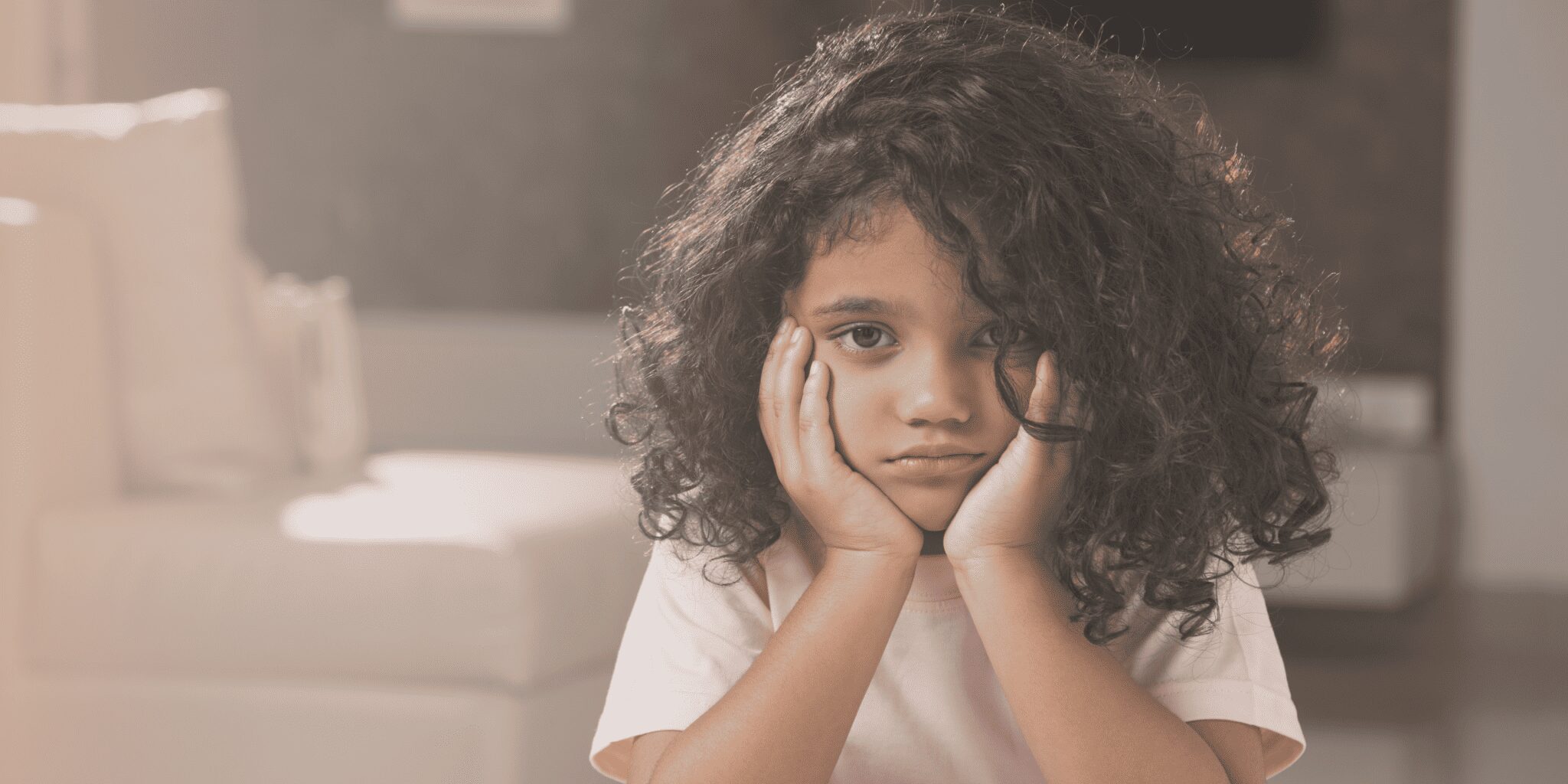Bipolar Disorder in Children
What are the symptoms of bipolar disorder in children?
Bipolar disorder can occur in children and adolescents, and the symptoms may present differently than in adults. Here are some common symptoms of bipolar disorder in children:
Manic or Hypomanic Episode Symptoms:
- Unusually irritable or elevated mood
- Excessive silliness or giddiness
- Increased energy and restlessness
- Racing thoughts and rapid speech
- Trouble focusing or concentrating
- Decreased need for sleep without feeling tired
- Grandiose behavior or inflated self-esteem
- Increased goal-directed activity or impulsivity
- Risky or inappropriate behavior
Depressive Episode Symptoms:
- Persistent sadness or irritability
- Loss of interest in activities once enjoyed
- Significant changes in appetite or weight
- Sleep disturbances (insomnia or hypersomnia)
- Low energy levels or fatigue
- Feelings of worthlessness or guilt
- Difficulty concentrating or making decisions
- Thoughts of death or suicide
Other Symptoms:
- Severe mood swings or emotional outbursts
- Aggressive or defiant behavior
- Hyperactivity or fidgeting
- Separation anxiety or clingy behavior
- Academic or social difficulties
- Psychotic symptoms (hallucinations or delusions) in severe cases
It’s important to note that children with bipolar disorder may not experience the same distinct manic and depressive episodes as adults. Instead, their mood episodes may be more rapid cycling or mixed, with symptoms of mania and depression occurring simultaneously or in quick succession.
Additionally, it can be challenging to distinguish bipolar disorder symptoms from other childhood disorders, such as attention deficit hyperactivity disorder (ADHD), oppositional defiant disorder (ODD), or anxiety disorders.
If you notice any of these symptoms in a child or adolescent, it’s crucial to seek a comprehensive evaluation from a qualified mental health professional, such as a child psychiatrist or psychologist, for an accurate diagnosis and appropriate treatment plan.
Early intervention and proper management of bipolar disorder in children can help improve their overall functioning, quality of life, and long-term outcomes.
How can I help my child with bipolar disorder?
If your child has been diagnosed with bipolar disorder, there are several ways you can help support them and promote their well-being:
- Educate yourself: Learn as much as you can about bipolar disorder, its symptoms, treatments, and management strategies. This will help you better understand what your child is going through and how to provide effective support.
- Work closely with your child’s treatment team: Collaborate with the psychiatrist, psychologist, therapist, and other professionals involved in your child’s care. Attend appointments, provide accurate information about your child’s symptoms and behaviors, and follow the recommended treatment plan.
- Encourage medication adherence: If your child has been prescribed medications, ensure they take them as directed. Explain the importance of medication in managing their symptoms and monitor for any side effects or concerns.
- Implement a consistent routine: Establish a regular sleep schedule, mealtimes, and structure in your child’s daily activities. Routines can help minimize triggers and provide a sense of stability.
- Promote a healthy lifestyle: Encourage your child to engage in regular physical activity, maintain a balanced diet, and find healthy outlets for stress relief, such as sports, hobbies, or relaxation techniques.
- Provide emotional support: Be patient, understanding, and non-judgmental. Listen to your child’s concerns and validate their feelings. Offer reassurance and help them develop coping strategies for managing mood swings and difficulties.
- Involve the family: Educate other family members about bipolar disorder and enlist their support. Family therapy can help address communication issues and provide a supportive environment for your child.
- Advocate for your child: Work with your child’s school to ensure they receive appropriate accommodations and support services. Educate teachers and staff about bipolar disorder and your child’s specific needs.
- Encourage social connections: Help your child maintain healthy friendships and social activities. Support groups or peer support programs can provide a sense of community and understanding.
- Practice self-care: Taking care of yourself is essential to being an effective caregiver. Seek support from friends, family, or a therapist, and make time for activities that promote your own well-being.
Remember, managing bipolar disorder in children requires patience, consistency, and a collaborative approach. With proper treatment, support, and coping strategies, many children with bipolar disorder can lead fulfilling lives.




